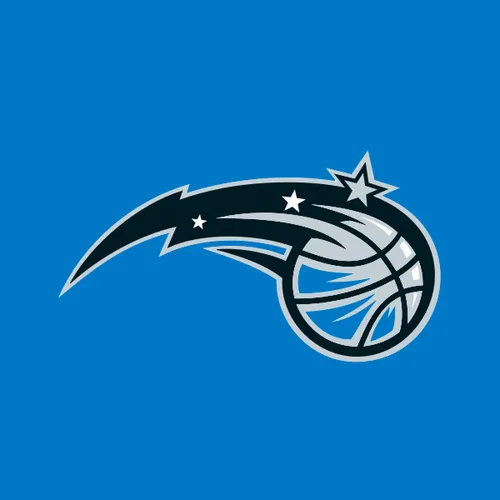







Human Resources (HR) Jobs in the Sports Industry: A Quick Guide
Introduction
The sports industry is vast and diverse, employing thousands of professionals across various disciplines. HR professionals play an integral role in managing talent, fostering organizational culture, and ensuring compliance with labor laws. This guide will provide an in-depth look at the HR sector within the sports industry and the rewarding opportunities it offers.
The Role of HR Professionals in the Sports Industry
HR professionals in the sports industry are responsible for managing the most valuable resource of any organization – its people. They oversee all aspects of talent management, including recruitment, training and development, performance management, and employee relations. HR professionals also play a crucial role in fostering a positive organizational culture, ensuring compliance with labor laws, and implementing policies and procedures that support the organization's goals and objectives.
Types of HR Jobs Available in the Sports Industry
HR Assistant: Supports HR functions such as recruitment, onboarding, and benefits administration.
HR Generalist: Manages a broad range of HR responsibilities, including talent acquisition, employee relations, and performance management.
HR Specialist: Focuses on specific areas of HR, such as recruitment, compensation and benefits, or training and development.
HR Manager: Oversees the HR department and develops strategies to support the organization's objectives and growth.
HR Director: Leads the HR function within an organization and is responsible for setting the strategic direction of HR policies and programs.
Salaries on Offer to Entry-level, Junior-level, Intermediate-level, and Senior-level Candidates
Entry-level: $35,000–50,000 USD per year
Junior-level: $50,000–65,000 USD per year
Intermediate-level: $65,000–85,000 USD per year
Senior-level: $85,000–120,000+ USD per year
Please note that salaries can vary significantly depending on the size and location of the organization, as well as the candidate's experience and qualifications.
Essential Skills Needed to Succeed in HR in the Sports Industry
Strong interpersonal and communication skills
Problem-solving and decision-making abilities
Knowledge of employment laws and regulations
Ability to work with diverse groups of people
Conflict resolution and negotiation skills
Familiarity with HR software and technology
Adaptability and a strong understanding of the sports industry
Tips for Landing a HR Job in the Sports Industry
Gain relevant experience: Seek internships or part-time positions within the sports industry on Rebound to gain hands-on experience and build your resume.
Network: Attend industry events, join professional associations, and connect with sports industry professionals on platforms like LinkedIn.
Tailor your resume and cover letter: Highlight your HR skills and experience, as well as your passion for sports, when applying for jobs in the sports industry.
Stay current: Keep up to date with industry trends, news, and developments to demonstrate your knowledge and commitment to the field.
Conclusion
A career in the HR sector of the sports industry provides a unique opportunity to combine your passion for sports with your expertise in managing people and organizational culture. By building the right skills, gaining relevant experience, and networking with industry professionals, you can successfully land a HR job in the exciting world of sports.



























